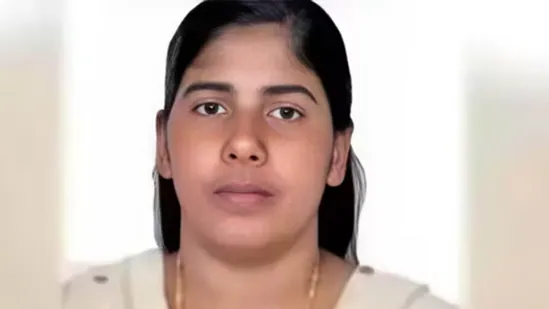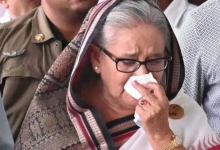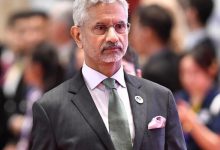Yemeni Family Stands Firm on Retribution for Kerala Nurse’s Execution

The family of Talal Abdo Mahdi, a Yemeni national killed in 2017, has steadfastly refused to grant clemency to Nimisha Priya, a nurse from Kerala convicted of his murder, despite ongoing efforts to secure her release. Priya, who faced execution on July 16, 2025, received a temporary reprieve when Yemeni authorities postponed the sentence, following intervention by Indian officials and religious leaders. However, the Mahdi family’s insistence on retribution under Islamic law continues to cast uncertainty over her fate.
Nimisha Priya, originally from Kollengode in Kerala’s Palakkad district, was sentenced to death in 2020 for Mahdi’s murder. Her appeal was rejected by Yemen’s Supreme Judicial Council in November 2023. According to Yemeni law, the victim’s family holds the power to pardon the convicted through a “diyat” agreement, a form of financial compensation known as blood money. Despite diplomatic efforts, including negotiations led by Samuel Jerome Baskaran, an airline consultant and social worker in Yemen, the Mahdi family has rejected any such settlement. Indian authorities, alongside Priya’s family, have been exploring this option, with support from Kerala-based billionaire M.A. Yusuf Ali, who has offered financial assistance.
ALSO READ : Execution Of Indian Nurse Nimisha Priya Postponed By Yemeni Authorities
A significant development came through the intervention of Kanthapuram A.P. Aboobacker Musliar, the general secretary of All India Jamiyyathul Ulama and a prominent Sunni leader known as India’s Grand Mufti. Musliar enlisted the help of Sheikh Habib Omar bin Hafiz, a respected Yemeni Sufi scholar, to engage with the Mahdi family. This effort led to the postponement of Priya’s execution, providing a window for further negotiations. However, Abdul Fatah Mahdi, the victim’s brother, expressed the family’s unwavering stance in a social media post, stating, “The pens have been lifted, and the papers have been dried,” an Arabic idiom signaling their final decision to pursue retribution.
The Indian government has been actively involved, with officials in New Delhi confirming sustained efforts to delay the execution and facilitate a resolution. Priya’s mother, Premakumari, traveled to Yemen last year to plead for her daughter’s release, and diplomatic channels have remained open with Yemeni authorities. Despite these efforts, Abdul Fatah Mahdi’s social media statements, indicate the family’s resolve to uphold Qisas, the Islamic principle of retributive justice, leaving little room for compromise.
As negotiations continue, the postponement offers a glimmer of hope, but the Mahdi family’s firm position underscores the challenges in securing Priya’s release. The case remains a complex interplay of diplomacy, cultural differences, and legal frameworks, with Priya’s life hanging in the balance.




